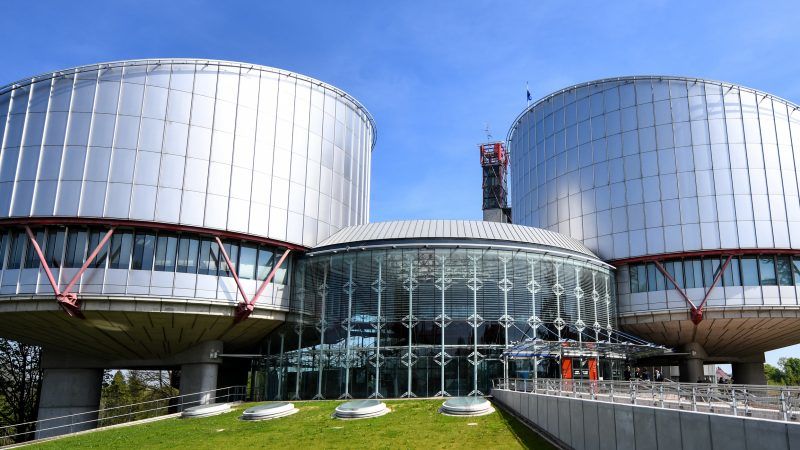ECHR: No grounds for doubting fairness of criminal proceedings against ex-President Saakashvili
The European Court of Human Rights found no grounds for doubting the fairness of criminal proceedings against the former Georgian President Mikheil Saakashvili.
As the press release by ECHR states, the case Saakashvili v. Georgia concerned two separate sets of criminal proceedings brought against Mikheil Saakashvili, former President of Georgia. The first set of proceedings concerned an attack in 2005 on a member of parliament, while the second set concerned his granting a pardon in 2008 to four former high-ranking officers of the Ministry of the Interior who had been convicted of murder. Both sets of proceedings took place after the newly-formed government in 2012 officially declared that investigating the wrongdoings of the past would be a key priority.
“In today’s Chamber judgment in the case, the European Court of Human Rights held unanimously, that there had been no violations of Article 6 §§ 1 and 3 (d) (right to a fair trial/right to obtain attendance and examination of witnesses) of the European Convention on Human Rights as concerned either the way in which the national courts had dealt with the evidence against Mr Saakashvili or the alleged lack of independence or impartiality of the judge who had examined the second criminal case against him,” the ECHR states.
In addition, the Strasbourg Court by 5 votes to 2 did not find a violation of Article 7 (no punishment without law) of the European Convention.
“Mr Saakashvili could reasonably have foreseen, in the particular circumstances of the case, that using his power of clemency to pervert the course of justice in a murder case would render him criminally liable under Georgian law,” the press release notes.
The Court also rejected as inadmissible Saakashvili’s complaints under Article 18 (limitation on use of restrictions on rights) of the Convention. It found that he had not substantiated his allegation that there had been an ulterior motive – hindering his participation in Georgian politics – behind his prosecution.
“The Court took into account in this respect that the charges brought against Mr Saakashvili had been serious and well-founded, that there had been a significant body of both direct and concordant circumstantial evidence against him in the case file, that the national courts had conducted fully adversarial proceedings during which his lawyer had been able to confront all the major witnesses and otherwise contest the evidence against him and that, above all, the court decisions had been duly reasoned,” the press release reads.

